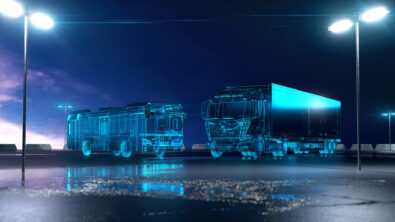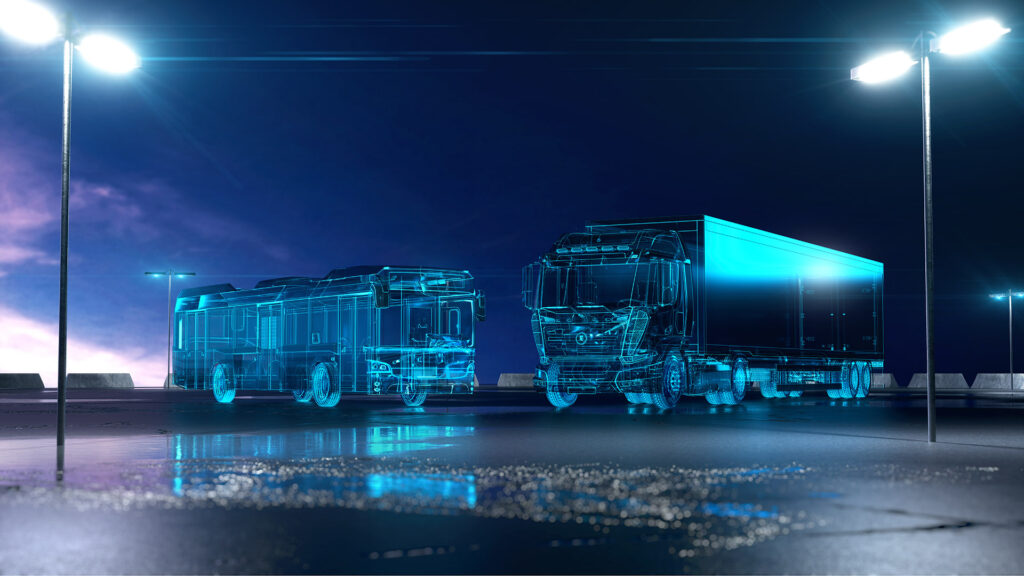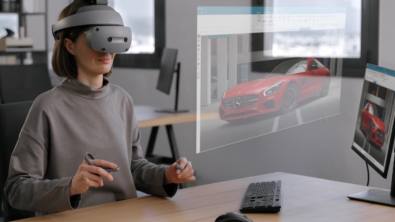New collaboration to build integrated digital engineering platform

The transportation and mobility industries are in the midst of a widespread transformation of both the nature of vehicles and how they deliver value to customers. This transformation is the result of technological, regulatory, and societal changes all pushing for greater safety, sustainability, and convenience in the mobility of people and goods around the world. At the same time, years of development in advanced driver assistance systems (ADAS), vehicle electrification, software, electronics, and other technologies are coming to fruition. The result has been a rapid rise of vehicle electrification and continued development of automated driving features and autonomous vehicles.
As these industries push to bring increasingly advanced mobility solutions to market, they will also have to overcome significant challenges. Traditional supply chains will need to adapt to support the growing need for batteries, electronics, and other electrical components in modern vehicles. Furthermore, in the face of shrinking development timelines, a growing need for innovation, ever-evolving customer demands, and unpredictable supply chain disruptions, vehicle manufacturers of all sizes must become more agile, collaborative, and responsive in an increasingly dynamic landscape. The shifting nature of vehicle development will also reshape the core skills and competencies demanded by vehicle engineering teams.

Digital transformation is the key
Digital transformation enables companies to adopt a new approach to mobility solution development and engineering. Digitalization enables companies to connect their entire lifecycle through a digital backbone, with information flowing bi-directionally throughout the organization. Even partner companies can be incorporated securely into your digital backbone, ensuring faster and easier collaboration between organizations, and supporting accountability to overall sustainability goals.
Key to this approach is a comprehensive digital twin that captures every aspect of the vehicle design and production. Using such a digital twin, vehicle manufacturers can connect engineering teams from across the electrical, electronic, software and mechanical domains. This not only helps companies overcome the complexity of future vehicles, but also fosters a new culture of collaboration and innovation in the company that will carry it through the challenges of tomorrow.
New partnership to create integrated digital engineering platform
Given this context, a recently announced collaboration between Daimler Truck AG and Siemens Digital Industries Software offers an exciting look at the future of vehicle design and development. In this collaboration, the companies will work to implement a state-of-the-art digital engineering platform by leveraging Siemens Xcelerator portfolio of software solutions and services. This platform will help Daimler Truck as they confront the challenges of tomorrow, enabling efficient development and lifecycle management of the next generation of commercial vehicles.
Critically, this new digital engineering platform will integrate the workflows and systems of various teams, including the associated mechanical designs, electrical designs, and simulation data. This unified approach to product development will empower Daimler Truck to become more agile and improve their time-to-market. Such leaps will be immensely valuable as the industry becomes more and more dynamic.
You can read the announcement from Daimler Truck AG and Siemens Digital Industries Software here!


